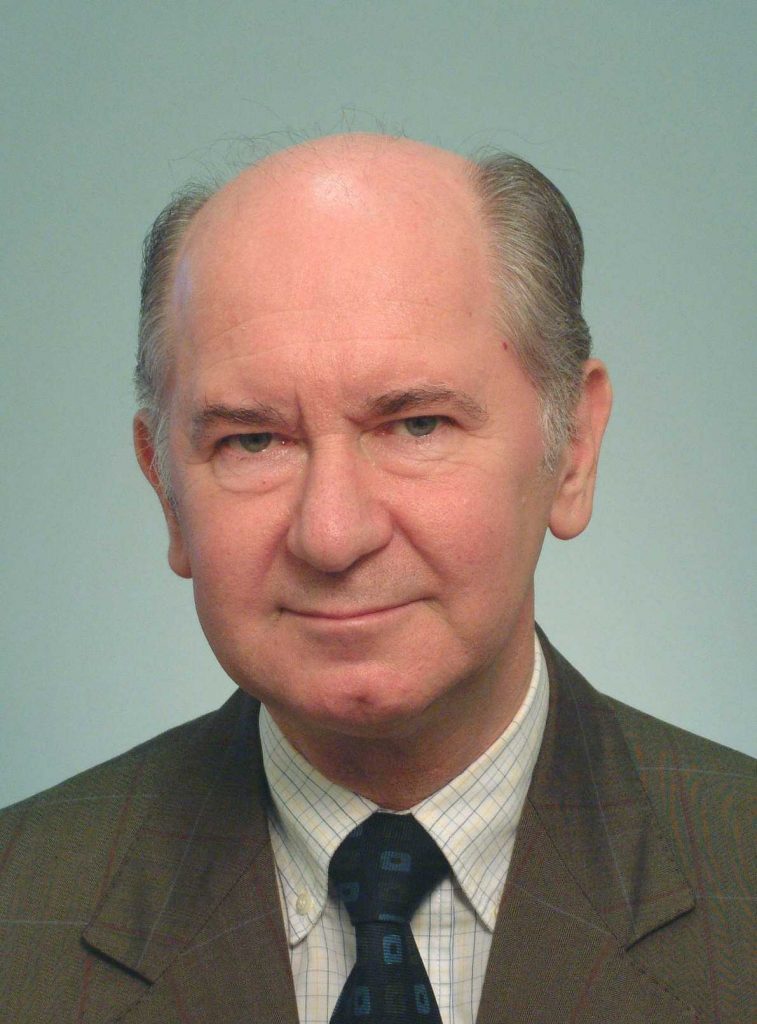Economic diplomacy refers to the protection of national interests in international economic relations
What made recently economic diplomacy more important than before? It is primarily: (a) globalisation and increased interdependence among national economies; (b) bigger role of governments in economic processes internally and internationally; (c) intensified international economic regulations; (d) higher involvement of civil society actors in public affairs; and (e) easier cross-border communication thanks to modern ICT.

Since the early 1970-is the process of globalisation, and indeed closer interdependence among national economies, have reached the highest level in history: share of global GDP created through exports has increased during 1990 – 2016 from 19.4% to 28.5%, and the share of FDIs in global GDP has jumped during 1990 – 2017 from 0.6% to 2.5%.
Modern economic diplomats are therefore increasingly involved in export promotion, attracting incoming and outgoing foreign investment, as well as in-migration flows management. Consequently, Ministries engage more “non-diplomats” (particularly with business background), being aware that modern economic diplomats require a whole set of new interdisciplinary knowledge, competencies and skills, which are not easy to acquire. This is being addressed by internal diplomatic academies and training centres, but to do it properly remains a major challenge. Only a few universities worldwide are covering these subjects adequately, which makes it difficult for young people interested in following this career – which by its very nature, requires also some practical experience.
“The main advantage of ECPD is not to be restrained to its own academic staff, but relying on an international expert pool of over 200 globally recognized specialists”
Which are the most important competencies and skills of modern economic diplomats:
- Understanding the entire context and landscape of international trade, knowledge transfer, finance and investment, and recognizing the role of key actors, standards, regulations, and institutions;
- Ability to act as a promoter of their country’s economic potential and interest for a stronger involvement in a global economy;
- Understanding the changed structure of the international business: global competition and strive for excellence, the role of innovation and protection of IPR in a digital environment, modern protectionism, global value chains, discriminatory business practices, etc.
- Capability to identify business opportunities, and facilitate initial communication among potential partners;
- Properly monitor and assess credit-worthiness of countries and evaluate the business potential of sectors, individual companies and groupings;
- Skills to initiate, facilitate and support networking for their country’s companies;
- Facilitate or skilfully conduct international negotiations in multicultural contexts;
- Skills to effectively represent their country and companies in various bilateral and multilateral communication;
- Ability to lobby successfully in multicultural environments, particularly in the countries of their accreditation and in relevant international bodies;
- Mastering at least 2 major languages (English obligatory).
The European Center for Peace and Development, ECPD in Belgrade – established by the UN University for Peace – created in 2019 a Program for Economic Diplomacy, Lobbying and Negotiations, EDLN and offers specialist, master, doctoral and post-doctoral programs, addressing relevant competencies and skills for current and future economic diplomats of all ages. Besides constantly updated programs, the main advantage of ECPD is not to be restrained to its own academic staff, but relying on an international expert pool of over 200 globally recognized specialists with rich practical experience and top academic qualifications – who coach and mentor our students intensely on an individual basis.
Prof. Dr Boris Cizelj studied economics and political science at the University of Ljubljana. He is a holder of an MSc in Development Studies at the Institute of Social Studies, The Hague, and a PhD on Regional Integration Processes among Developing Countries at the University of Belgrade. He is a former ambassador, professor of Lobbying at DOBA Business School, ECPD and Alma Mater Europaea. He is also the chairman of Knowledge Economy Network, KEN. His recent areas of interest include knowledge economy policies and innovation ecosystem, innovative learning environments, and legitimate interest representation and ethical lobbying strategies.